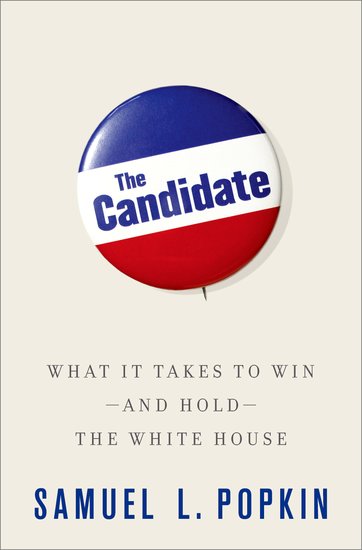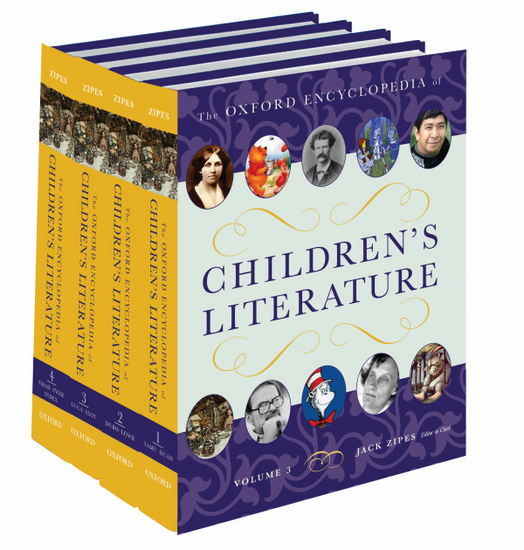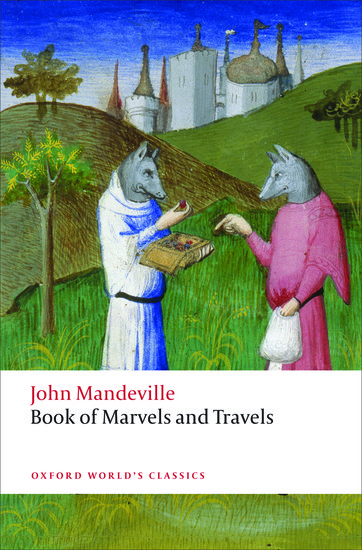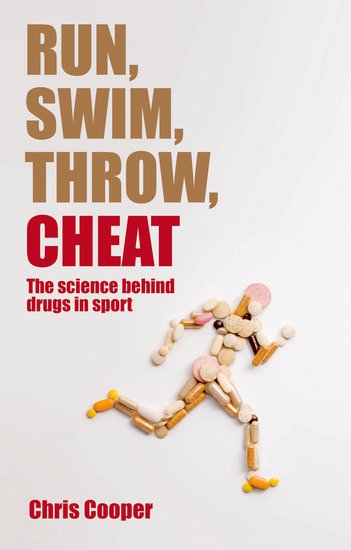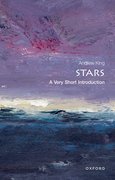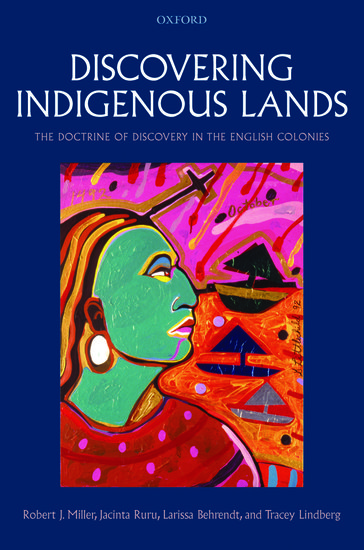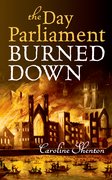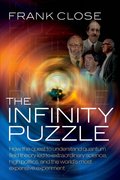Who should Mitt Romney choose as his Vice Presidential running mate?
“The choice of Vice-President is going to be extremely difficult for Mitt Romney to game…” The GOP campaign has good reason to be nervous about the running mate choice. Will it be someone who previously sought the presidential nomination — Michele Bachmann or Rick Santorum — or someone out of left field, like Sarah Palin was for John McCain’s campaign? We spoke to Samuel L. Popkin, author of The Candidate: What It Takes to Win – and Hold – the White House, about Mitt Romney’s choices.

